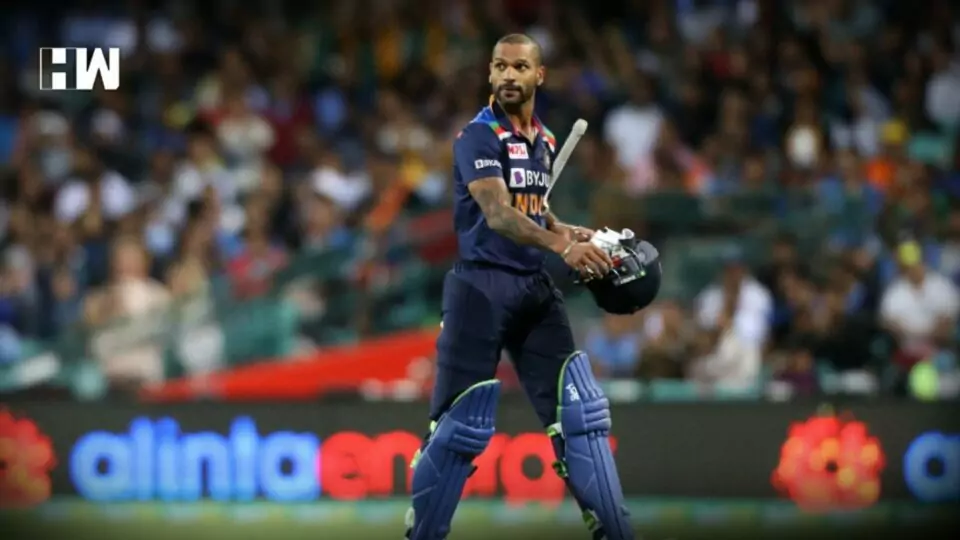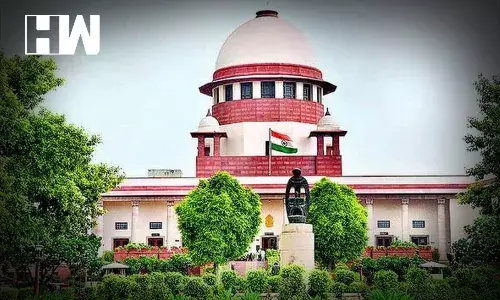Moreover, VVS Laxman is likely to be with the team as a coach in absence of head coach Rahul Dravid, they added. India will play three T20Is and ODIs each against South Africa starting September 28.
Mumbai: Batter Shikhar Dhawan will lead India in the upcoming ODI series against South Africa on home soil, Board of Control for Cricket in India sources told ANI.
The captaincy will be handed over to Dhawan as T20 World Cup-bound players are likely to be rested, the sources added. The eighth edition of the ICC T20 World Cup is set to take place from October 16 to November 13 this year in Australia.
Moreover, VVS Laxman is likely to be with the team as a coach in absence of head coach Rahul Dravid, they added. India will play three T20Is and ODIs each against South Africa starting September 28.
The first T20I will be held in Thiruvananthapuram on September 28. The second T20I will be played on October 2, 2022, Gandhi Jayanti, to mark the birth anniversary of Mahatma Gandhi at Guwahati, followed by the last T20I at Indore on October 4.
Also Read: Supreme Court: Over 200 PILs Against Citizenship Amendment Act To Be Heard Today
The action will then shift to Lucknow on 6th October where the ODI series will get underway, where Shikhar Dhawan will lead the squad. Ranchi and Delhi will host the second and third ODI, respectively, on October 9 and 11.
(Except for the headline, this story has not been edited by HW News staff and is published from a syndicated feed.)
As an independent media platform, we do not take advertisements from governments and corporate houses. It is you, our readers, who have supported us on our journey to do honest and unbiased journalism. Please contribute, so that we can continue to do the same in future.


